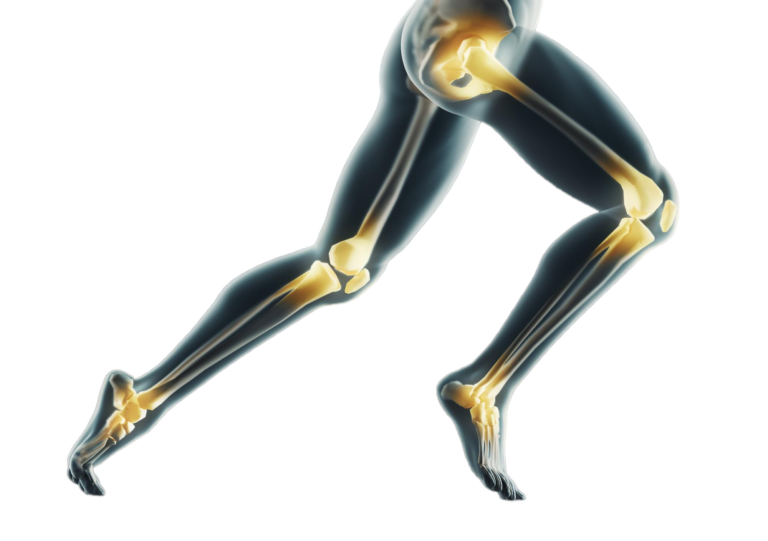
Bone and Joint Health in Women: The Stress Factor and Its Effects
Mental health has a direct impact on physical well-being, including joint and bone health. Chronic stress in women can lead to inflammation, joint pain, and even a decrease in bone density, making it essential to understand and manage stress for better joint health.
1. How Stress Affects Joint Health
- Inflammatory Response:
- Stress triggers the release of cortisol, a hormone that increases inflammation in the body, affecting the joints.
- Muscle Tension:
- Chronic stress often leads to muscle tension, which can pull on joints and cause pain in areas like the neck, shoulders, and lower back.
2. Impact on Bone Density
- Reduced Bone Regeneration:
- Prolonged stress decreases the body’s ability to absorb calcium and regenerate bone tissue, leading to osteoporosis or weakened bones.
- Behavioral Effects:
- Stress may lead to poor dietary choices, such as consuming less calcium or not exercising, both of which contribute to poorer bone health.
3. Managing Stress to Improve Joint Health
- Exercise:
- Physical activity reduces stress and increases endorphin production, helping both mental and joint health.
- Mind-Body Practices:
- Techniques like meditation, deep breathing, and yoga can alleviate stress and protect joints from inflammation and tension.
- Nutritional Support:
- A diet rich in calcium, magnesium, and omega-3 fatty acids can reduce inflammation and support bone density.
Differences in Stress Response for Women
- Emotional Sensitivity:
- Women are more prone to anxiety and depression due to hormonal fluctuations, which increase their stress response and impact joint health.
- Stress-Induced Eating Habits:
- Stress may lead women to eat more comfort foods, which can contribute to weight gain and added pressure on the joints.
Key Takeaway:
Stress negatively impacts joint and bone health in women, but incorporating stress-relief strategies like exercise, meditation, and a healthy diet can significantly improve overall well-being.
Disclaimer:
The information provided is for educational purposes only and should not replace professional medical advice. Always consult with a healthcare provider for personalized guidance on managing stress and maintaining bone and joint health. The relationship between mental health and bone health may vary depending on individual health conditions and stress levels. This content aims to raise awareness about how stress can impact joint health in women. Outcomes and treatment strategies can differ, and professional advice is essential for optimizing both mental and physical well-being.



